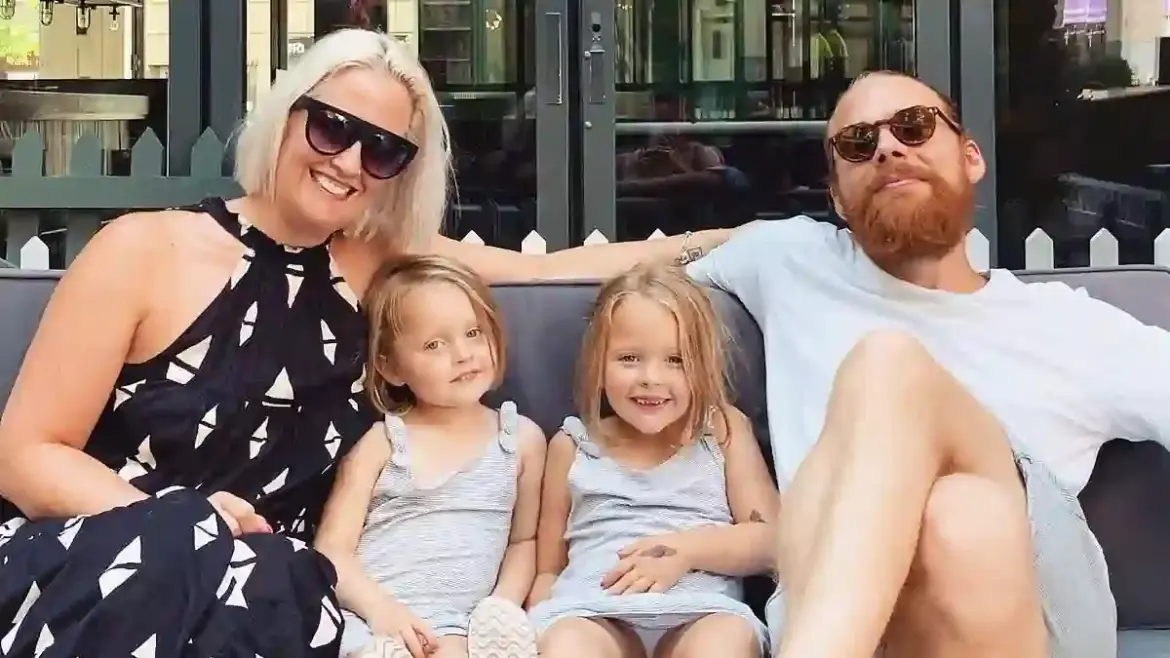After a day filled with feeding, cleaning, school runs, and even organizing a How to Train Your Dragon-themed birthday party for my eight-year-old, I walked into our bedroom to find socks and boxer shorts strewn on the floor.
At that exact moment, my six-year-old yelled, “Mama… I’m hungry,” the doorbell rang, the dog barked, and my husband Jimmy called from the bathroom, “Can you get that?”
That was it. The week’s simmering rage exploded. Doors slammed, voices raised, and tears flowed.
It wasn’t just anger—it was loneliness, disappointment, and pure exhaustion.
All I craved was a glass of chilled white wine, a small escape from the endless cycle of domestic chaos.
The Mental Load and Its Toll
Every mom knows that flash of frustration when your partner asks where his keys are, dirty dishes pile up, and no one ever acknowledges the endless tasks you manage.
I call this the “mental load”—the invisible, relentless pressure to keep everything running smoothly.
Layer on alcohol as a coping mechanism, and you have a recipe for a marital and mental meltdown.
For me, it escalated to drinking a bottle of wine almost every night, sometimes accompanied by cocaine to keep the party going, and hiding the truth from Jimmy.
By 40, I was burnt out, on the edge of destroying my marriage, and completely consumed by resentment.
Early Years and Building Resentment
I met Jimmy at 25, moved from Yorkshire to London for him, and married four years later
. From the start, I managed schedules, chores, holidays, and gifts, while he focused on enjoying family life.
A twinge of resentment was always there, simmering under the surface, waiting for the next argument to flare it up.
Having two daughters, first at a traumatic birth, amplified the pressure.
Sleepless nights, breastfeeding struggles, and post-natal depression made me feel isolated and overwhelmed.
Wine became my nightly refuge, a reward for surviving another day of endless responsibilities.
Escalation and the Breaking Point
By the time my second daughter was born, I was a functioning alcoholic.
My marriage suffered silently, with Jimmy as the “Disney Dad” indulging the kids while I shouldered the mental load and tedious tasks.
Feeling unseen, unsupported, and increasingly resentful, I turned to alcohol and cocaine to numb the exhaustion.
The cracks in our relationship widened until 2018, when I finally told Jimmy I wanted to separate.
I had already found a flat, planned logistics for the kids, and assumed he’d understand. Instead, he was blindsided.
Our marriage had no affairs, violence, or betrayals—but the constant lack of recognition felt like betrayal enough.
Therapy and the Path to Recovery
Surprisingly, my threat to separate created space for honest conversations.
Jimmy asked me to try therapy again. Over weeks, I learned to express my feelings instead of blaming him, to recognize my own patterns, and to let him share the mental load.
In November 2021, I committed to sobriety.
My “rock-bottom” came not in a single moment, but as a series of crises, culminating in a 4 a.m. panic attack that made me confront how unmanageable my life had become.
Jimmy supported me through it, attending my first recovery meetings and helping me navigate the transition to a sober life.
Rebuilding a Marriage and Family Life
Sobriety brought clarity. The daily battles over the mental load became a team effort.
Jimmy now takes on more responsibilities—cooking, shopping, school runs—while I manage the planning.
We hold daily “meetings” to divvy up tasks, ensuring we’re both seen and supported.
Almost four years later, our relationship is stronger.
We rarely fight, and when we do, apologies are swift. Sobriety didn’t just save my life—it transformed our marriage.
With support, patience, and honest communication, the overwhelming mental load became a shared journey, not a solitary burden.
Life Beyond the Bottles
Today, I can’t imagine returning to alcohol or drugs.
Life is still busy, but without hangovers or resentment clouding every interaction, I finally feel present, grounded, and capable of enjoying motherhood.
Being supported and seen, even in the small day-to-day tasks, has a profound effect on love, family, and sanity.



